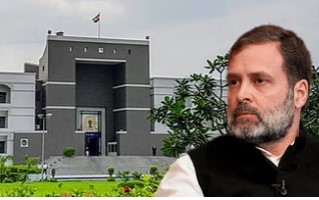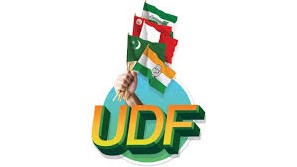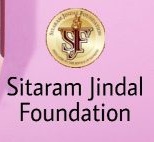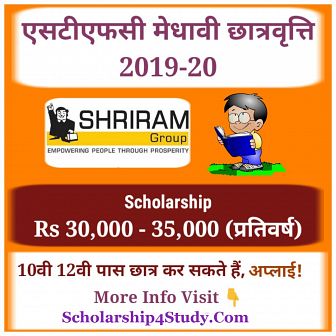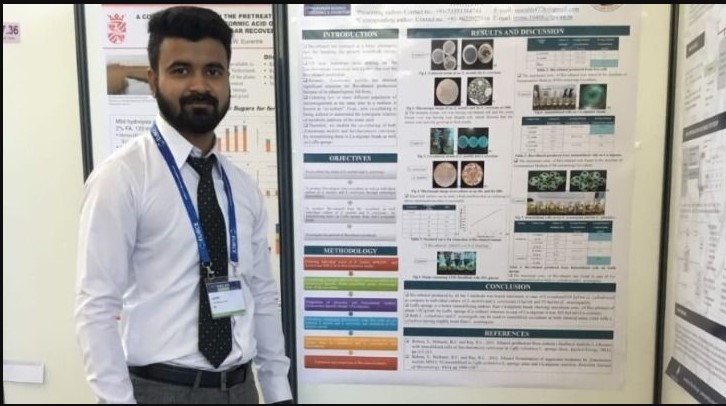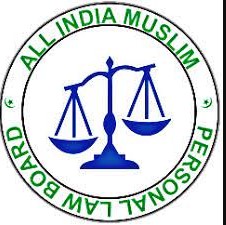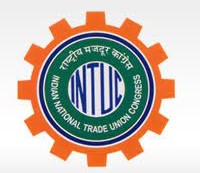
The Indian National Trade Union Congress (INTUC) is one of the oldest and largest trade union federations in India. It was established on May 3, 1947, with the objective of safeguarding the interests of workers and promoting their welfare. Here is a detailed overview of INTUC, its history, objectives, structure, activities, and impact.
1. History:
- INTUC was formed on May 3, 1947, at the initiative of the Indian National Congress, the country's largest political party at that time.
- It emerged as a response to the need for a unified voice for workers and trade unions in India during the independence movement.
- Prominent leaders like Jawaharlal Nehru, Vallabhbhai Patel, and C. Rajagopalachari played key roles in its formation.
2. Objectives:
- To protect the rights and interests of workers across various sectors and industries in India.
- To secure better wages, working conditions, and social security for workers.
- To ensure social justice, gender equality, and fair treatment of workers.
- To promote industrial harmony and minimize industrial disputes through dialogue and negotiation.
- To foster solidarity among workers and strengthen their collective bargaining power.
3. Structure:
- INTUC operates at multiple levels, from the national level to the grassroots.
- The organization is structured hierarchically, with a central leadership and various affiliated unions at the state and local levels.
- The highest decision-making body is the All India Working Committee, which consists of elected representatives from affiliated unions.
- The President and General Secretary head the organization at the national level.
4. Affiliations:
- INTUC is affiliated with the International Trade Union Confederation (ITUC) and the International Labor Organization (ILO).
- It maintains relationships with other trade union federations and organizations at the national and international levels.
- INTUC collaborates with political parties, employers' organizations, and government bodies to advocate for workers' rights.
5. Activities:
- INTUC organizes protests, strikes, and demonstrations to address workers' grievances and demand policy changes.
- It engages in collective bargaining with employers to negotiate better wages, benefits, and working conditions.
- The organization provides legal assistance and support to workers facing injustice or exploitation.
- INTUC conducts campaigns and awareness programs on labor rights, occupational health, and safety.
- It participates in legislative processes and policy discussions to influence labor laws and regulations.
6. Impact:
- INTUC has played a significant role in shaping labor laws and policies in India.
- It has been instrumental in the enactment of key labor legislation, such as the Trade Union Act, Minimum Wages Act, and Industrial Disputes Act.
- INTUC has successfully fought for workers' rights, leading to improved working conditions, increased wages, and social security benefits.
- The organization has been involved in resolving numerous labor disputes and conflicts through negotiations and arbitration.
- INTUC's efforts have contributed to the overall development of the labor movement in India.
7. Challenges and Criticisms:
- Like any large organization, INTUC has faced criticisms and challenges.
- Some critics argue that it is closely aligned with the Indian National Congress and tends to prioritize political interests over workers' concerns.
- There have been instances of factionalism and internal conflicts within INTUC, leading to divisions and weakened representation.
- Critics also point out that INTUC's influence and membership have declined in recent years due to the emergence of independent and sector-specific trade unions.

